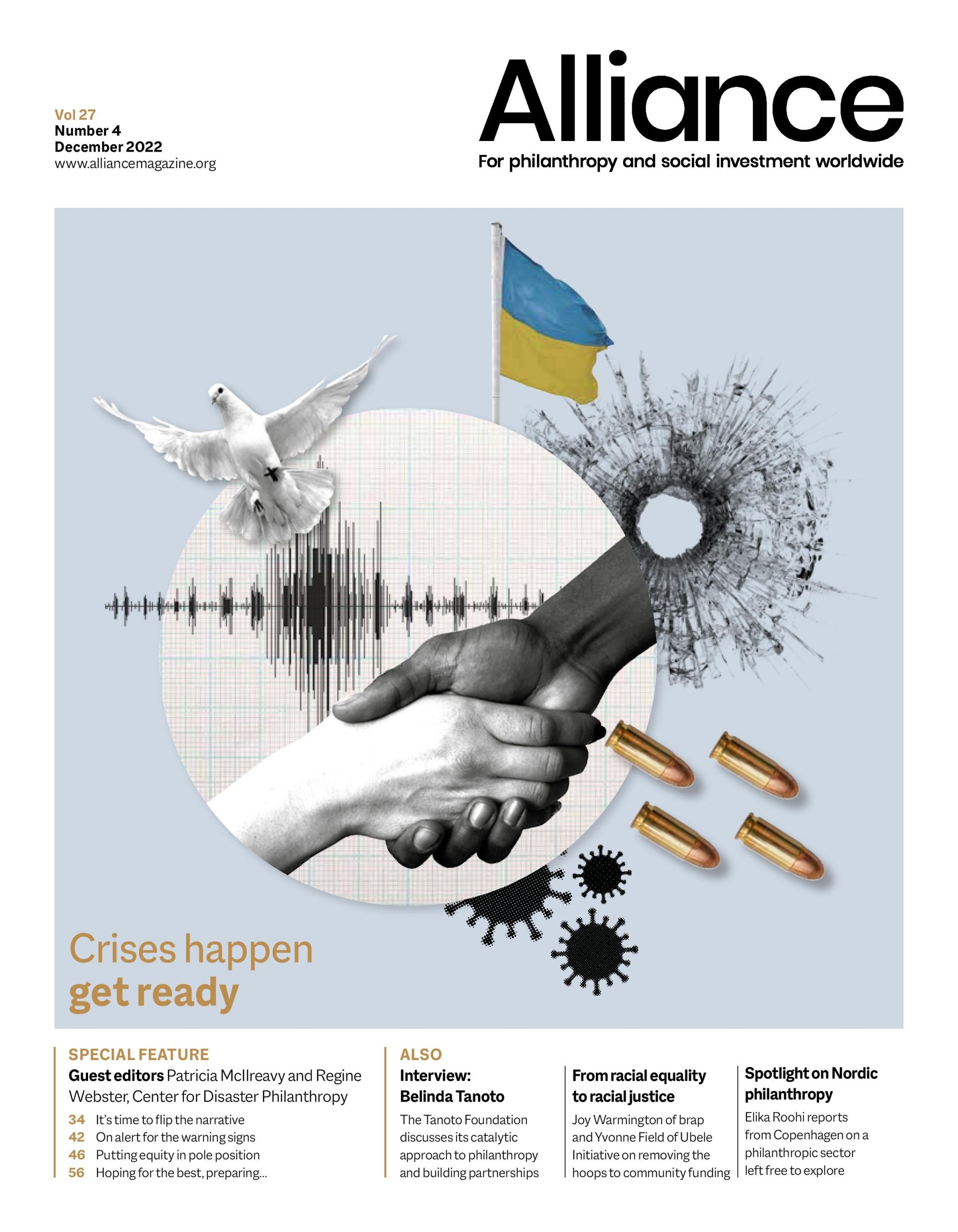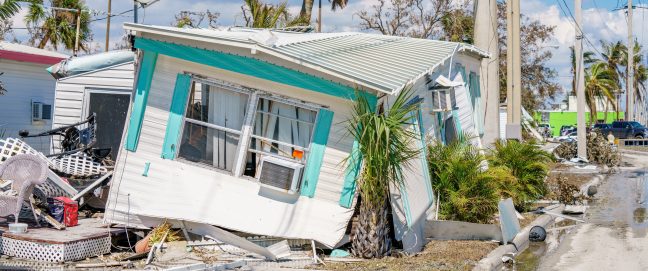Many people experience crises as both victims and bringers of relief. Here is a personal testimony of that experience
Where for many, anniversaries, graduations, elections, important birthdays, and family moments stand as markers of many of life’s important stages, for me, crises have bookended every decade. Many of us have a relationship with crisis, and for me it began at the age of six, between the start of war and my father’s death. I like to think the former was easier to survive than walking through this world without my father. When the announcement reached us of my father’s passing, we were many miles away without the opportunity to bury him ourselves. He died parenting, hiding his boys from the touch of war and leaving behind a home, his girls and youngest daughter, me.
It was the early 1990s in Somaliland, during the peak of the civil war, when my family was torn apart, separated into a kind of complex sports defensive lineup; dad with the six boys so he could protect them from the draft, mom with the girls, all of us on the run. It would be years until we reunited, changed by the months-long journey of living in separate refugee camps, cut off from loved ones, millions of people displaced and thousands more killed. Stories abound of the dark companions of war for those who survive it: of loss, death, trauma, shock, grief and violence. Take for example my grandmother, ayeeyo; a woman in her late 80s and a brilliant craftswoman. At a young age she taught herself how to sew, stitching fabrics and garments out of curtains left in abandoned homes.
‘Ayeeyo, kaaley, dunta iigale cirbada’ she’d ask me in a weary voice. I took pride in how quickly I could thread the needle for her each time she asked for my help. I will always remember my ayeeyo for her faith and enduring belief in excellence. Several days before we were separated, she told us about a dream she had about her life in the aakhira. She told the dream through a song:
Subscribe now from only £45 a year!
This article is only available for our subscribers
Existing users can login here





